Bold Queer African Icons: Queen Nzingha Mbande, Brenda Fassie, and Simon Nkoli.
Across Africa, there have been countless figures who’ve left an indelible mark on the world—not just through their accomplishments, but through their audacity to live boldly and authentically in a society that often demands conformity. Queen Nzingha Mbande, Brenda Fassie, and Simon Nkoli are three such figures, each of whom defied the norms of their time and became icons for many in the queer African community. They didn’t just challenge societal expectations, they rewrote what it meant to be free, unapologetic, and powerful.
Queen Nzingha Mbande: The Fierce Warrior Queen
Queen Nzingha Mbande, who ruled over the Ndongo and Matamba Kingdoms in what is now Angola, is remembered as a brilliant strategist and fearless leader. But beyond her military prowess and diplomatic acumen, Nzingha was a woman who defied the gender norms of her time. In the 17th century, when women were rarely seen in positions of power, she didn’t just rule; she fought, negotiated, and led her people with authority and strength.
What makes her story especially powerful for queer Africans is the way she defied not just colonial oppression, but the gender expectations of her era. While the specifics of her personal life are shrouded in historical ambiguity, some believe she may have had relationships with both men and women. Whether or not she identified as queer, Nzingha’s refusal to be constrained by the gender roles of her time resonates deeply with anyone who has fought to live authentically. She remains a symbol of resistance, reminding us that living boldly and challenging societal expectations is a powerful act of liberation.
Brenda Fassie: The Rebel Queen of South African Pop
Brenda Fassie, often called the “Madonna of the Townships,” was a force of nature in South Africa’s music scene. A pop icon who unapologetically embraced her sexuality, Fassie’s music spoke to both the struggles and joys of living in a world that often rejected her. But it wasn’t just her music that made her revolutionary—it was her entire persona.
Fassie was bold in a way that few African women had been before her. Her performances blurred gender lines, her fashion was often androgynous, and her lyrics hinted at a freedom of expression that was rare in the conservative, apartheid-era South Africa. While she never explicitly identified as queer, her life and work were full of subversive energy that resonated deeply with queer South Africans and beyond. She was a symbol of defiance against a society that sought to control not just race and politics, but also sexual expression. Fassie’s resilience in the face of both societal rejection and personal hardship made her an icon for queer Africans, showing that authenticity and rebellion are a path to true freedom.
Simon Nkoli: The Anti-Apartheid Activist and Queer Pioneer
Simon Nkoli’s story is one of incredible courage and intersectional activism. A prominent anti-apartheid leader, Nkoli was not just fighting for racial equality but for the rights of LGBTQ+ South Africans as well. In a country where both political and sexual freedoms were restricted, Nkoli was a beacon of defiance, openly gay and unapologetically involved in the fight for both racial and sexual liberation.
Nkoli’s activism didn’t stop at protesting apartheid; he was also one of the co-founders of the Gay and Lesbian Organization of the Witwatersrand (GLOW), making him a key figure in the early fight for LGBTQ+ rights in South Africa. His open queerness in an intensely homophobic and politically repressive environment was an act of rebellion in itself. Nkoli’s fight for equality extended beyond the end of apartheid, playing a critical role in the movement for LGBTQ+ inclusion in the new South Africa. His life showed the world that being queer is not separate from the fight for racial justice – it is, in fact, a part of the larger struggle for freedom and equality.
The Lasting Impact of Their Legacies
Queen Nzingha Mbande, Brenda Fassie, and Simon Nkoli were each bold in their own way, but they shared one thing in common: a refusal to be confined by the norms of their time. Whether challenging gender roles, political oppression, or social expectations, they each became symbols of defiance, strength, and authenticity. For queer Africans today, these icons represent not just the fight for visibility but the power of living boldly and unapologetically.
Their legacies remind us that our stories are not new, they are part of a long tradition of resistance and resilience. From Nzingha’s defiance against colonial forces to Fassie’s subversion of gender norms through her music, and Nkoli’s pivotal role in the intersectional fight for racial and queer liberation, their lives continue to inspire the movement for LGBTQ+ rights in Africa.
Reflection: Why Their Stories Matter Today
The stories of Nzingha, Fassie, and Nkoli are more than just historical accounts, they are living, breathing examples of what it means to live authentically in the face of oppression. In a continent where LGBTQ+ identities are still marginalized, these icons show us that we have always been here. We have always fought for our right to exist, to love, and to be free.
These figures, whether they are explicitly identified as queer or not, have paved the way for the queer African community. They remind us that our stories are deeply embedded in the fabric of African history, and they continue to shape the fight for justice, equality, and love today.
Conclusion
As we honor the legacies of Queen Nzingha Mbande, Brenda Fassie, and Simon Nkoli, we are reminded of the immense power that comes from living boldly and authentically. They may have faced different struggles, but their defiance against the norms of their time speaks to the ongoing struggle for queer rights across Africa. Their stories are not just reminders of what was. They are blueprints for what can be: a future where queer Africans are free to live and love without fear, without shame, and without apology.

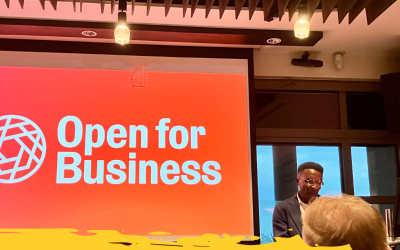
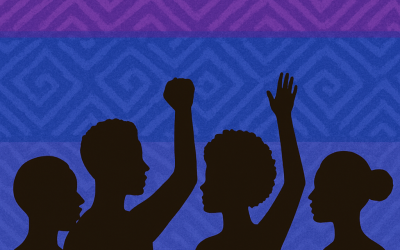

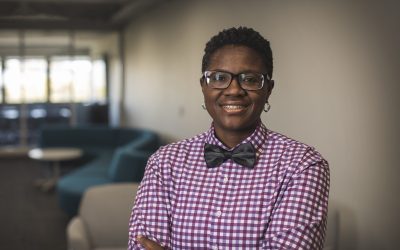
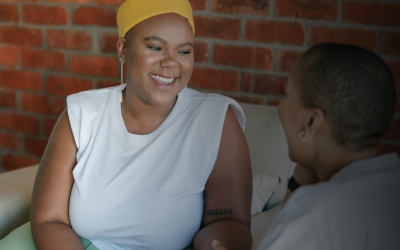
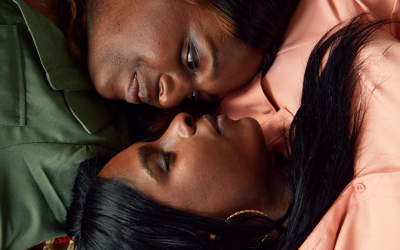
Recent Comments